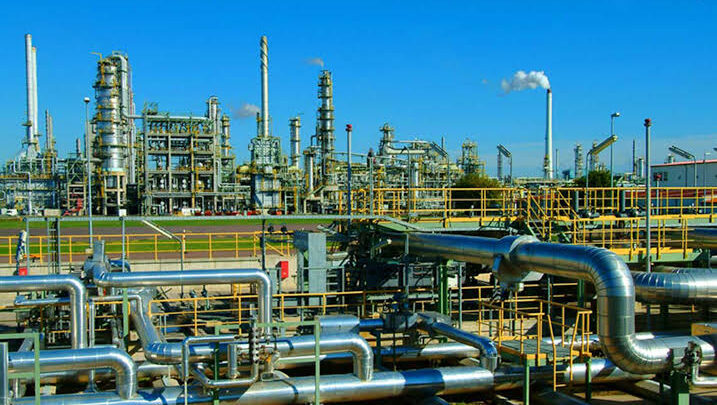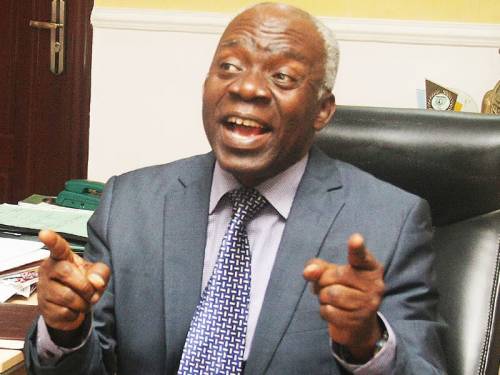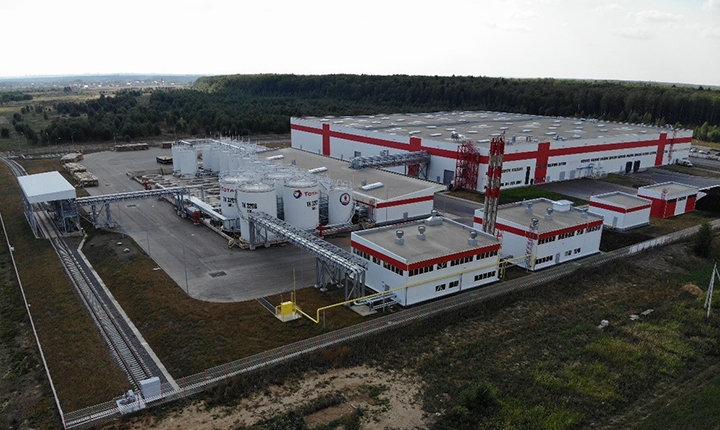By Samuel Ajala
The AKK project promises to increase gas utilisation and reduce energy poverty
Formerly state-owned Nigerian National Petroleum Corporation (NNPC) expects to complete the $2.8b Ajaokuta–Kaduna–Kano (AKK) gas pipeline project in July 2024. The 614km connection will advance domestic and regional gas utilisation for power generation and industrial development.
The AKK pipeline is being constructed by Duba-headquartered Oilserv and will transport gas from southern to central Nigeria. The project is the first phase of the 1,300km Trans-Nigerian Gas Pipeline and part of the country’s master plan to utilise its gas resources.

Ajaokuta Steel Mill Complex
As part of the project, hydrocarbon liquids will be processed at Ajaokuta to produce LPG, while the remaining gas will be transported to supply feedstock for new power plants and petrochemical facilities at Abuja, Kaduna, Kano and Katsina.
Utilising surplus gas resources
Chigozie Nweke-Eze, CEO of energy and infrastructure specialists Integrated Africa Power, said gas can be used in three major ways in Nigeria: cooking, mobility and power generation. “People using gas for power generation always complain that they do not have enough gas, and retailers too. So the AKK pipeline is welcome progress. Once it launches, it will be used for cooking and a better transportation network.”
Ayodele Oni, partner at law firm Bloomfield Law and legal adviser for NNPC, said launching the pipeline project will drive infrastructure development to utilise the country’s surplus gas resources for power generation and domestic consumption.
“The AKK would unlock over 2.2bcf for the domestic gas market, support the addition of 3,600MW of power to the national grid and revitalise textile industries” Ayodele Oni, Bloomfield Law
“The AKK gas… forms part of the broader gas masterplan to utilise the country’s surplus gas resources for power generation as well as for consumption by domestic customers. The project is currently the largest gas pipeline project in Nigeria,” Oni said.
“The project will support the development of petrochemicals, fertiliser, methanol and other gas-based industries. It is also envisaged that the AKK would unlock over 2.2bcf for the domestic gas market, support the addition of 3,600MW of power to the national grid and revitalise textile industries,” he added.
“This means industrial hubs can be created for manufacturing. The productivity, economic growth and jobs this will create will outweigh carbonisation, especially as gas is a cleaner fuel”, said Jide Pratt, a Lagos-based energy sector consultant. “This is key to reducing energy poverty in Nigeria. I am not too elated that this project was awarded in 2017 and is just nearing completion, but I would say better late than never. Further wins in gas must happen as we aggressively reduce flaring and also commercialise our gas,” he continued.

Ajaokuta Steel Mill Complex
Development and decarbonisation
Former President Buhari launched Nigeria’s “decade of gas” in 2021 to prioritise gas development and utilisation by 2030. The AKK pipeline will help achieve that vision, said Nweke-Eze, who suggested that “all we need to do is use [exports] to attract more infrastructure development for those gas pipelines. That developed infrastructure should also enhance the development of gas for local use”.
Nigeria and Africa need a just energy transition, stated Pratt, who added that gas is a must to achieve development goal.
Oni noted that gas is likely to be a transition fuel, supplanting dirtier fuels. “Burning [gas] produces less conventional air pollutants, like sulphur dioxide and particulates, than coal or oil. For example, since 2010, coal-to-gas switching has saved around 500mt of CO₂”, he stated.
“While natural gas might help the energy transition by reducing emissions compared to other fossil fuels, there are other long-term implications of investing in natural gas that can work against reaching climate goals. One concern is that investments in natural gas might crowd out investments in renewable alternatives”, Oni continued. “However, Nigeria’s policy should first be around energy security and the reduction of the energy poverty of its people. Nigeria will keep its eye on the transition. However, a just transition is critical.”
Source: Petroleum Economist






